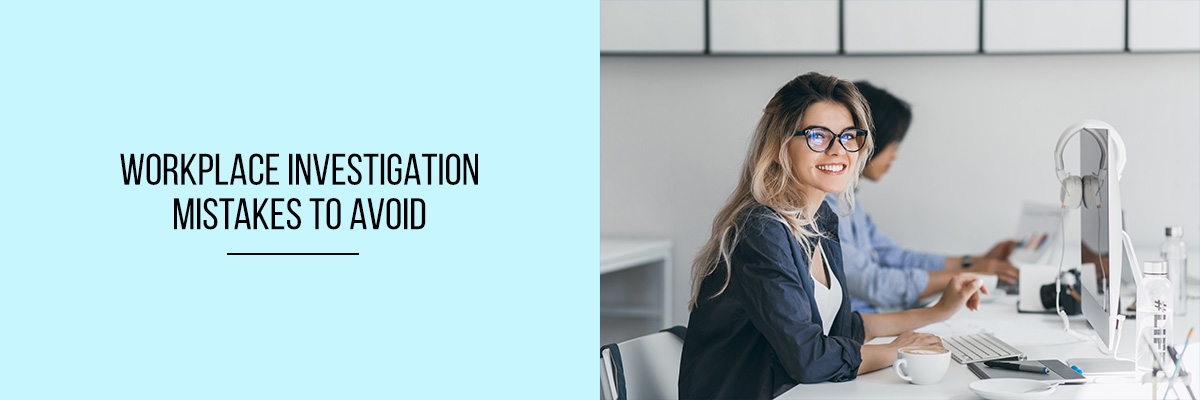Employers are legally obligated to conduct appropriate investigations when they have an employee blow the whistle on workplace misconduct. But they are also obligated to investigate when they receive complaints about minor problems, such as a mismanaged parking lot or a case of bullying. But they can face legal consequences if their investigations are flawed.
Under the law, a workplace investigation is appropriate when an employee makes a complaint of discrimination, harassment, safety violation, or other compliance issues. Organizations need to conduct appropriate investigations on receiving complaints concerning harassment, safety, discrimination, ethics, and retaliation because various federal regulations either provide organizations a defense in lawsuits if they lead an investigation or require organizations to lead an investigation.
In this article, we will discuss some of the common workplace investigation mistakes to avoid.
No Incident Reporting System
It is easy to forget when you are a part of an incident reporting system that you are not the one who is always being watched. It is easy to believe that you will never get in trouble for saying what you believe is the truth, or that what you are doing is acceptable. It is easy to forget that there are multiple parties involved and that there are ways to smooth over bad situations. But, if you are one of the people in an incident reporting system, it can be difficult to remember to step back and look at the situation from all sides. That is why in an organization, workers must have a system to report issues of safety violations, harassment, and other concerns in the first place.
No Investigation Guidelines or Procedures
It is essential to have a proper procedure for an in-house investigation before an issue occurs. The procedure should enable the investigation process to be in a quick motion and assure that each investigation is handled consistently. Also, the procedure will incorporate a system to give protection to the complainant, a system to pick the investigation team, and an investigation timetable.
Unable To Investigate Promptly
The way an investigation begins is critical, as it sets the stage for the rest of the investigation. Failing to properly investigate a claim immediately can lead to legal trouble down the road. The first thing you should do when an employee or ex-employee files a complaint is identified whether it is a complaint or a claim of discrimination, harassment, or retaliation. The next step is to determine whether the issue is an allegation that you need to investigate, or if it is a complaint that has already been investigated.
Poor Documentation
The investigation should be thoroughly documented. This is very crucial if the complaint results in litigation. An investigation file should incorporate the initial complaint, interview notes, the accused party’s response, meeting details, evidence, the detailed notes of the investigator on the progress of the investigation and any issues encountered, policy details, and the investigator’s report.
Final Words
Consider these factors to avoid critical mistakes while investigating workplace complaints. To know more about workplace investigation, attend the Compliance Prime webinar.


